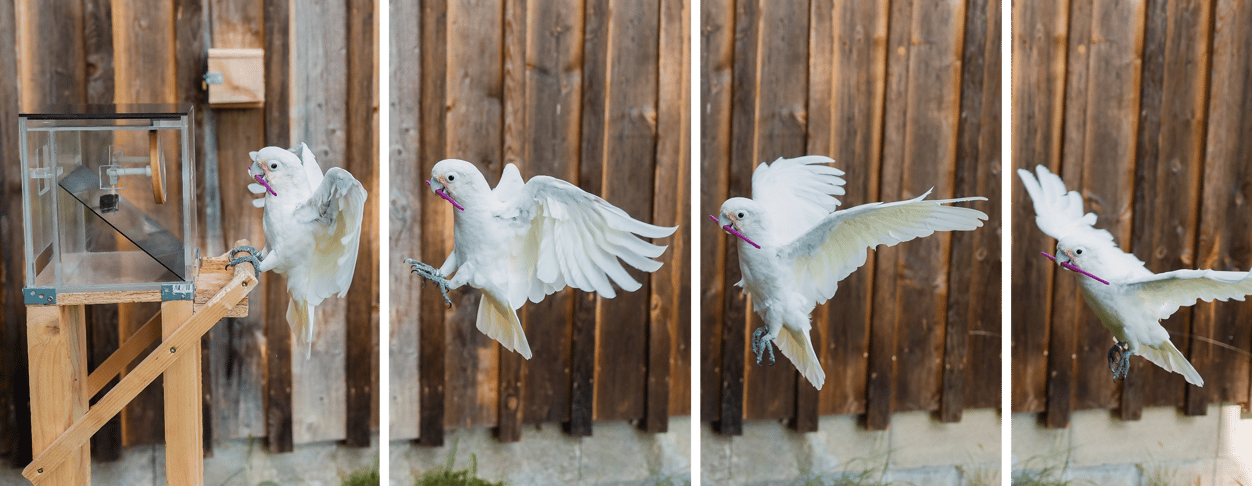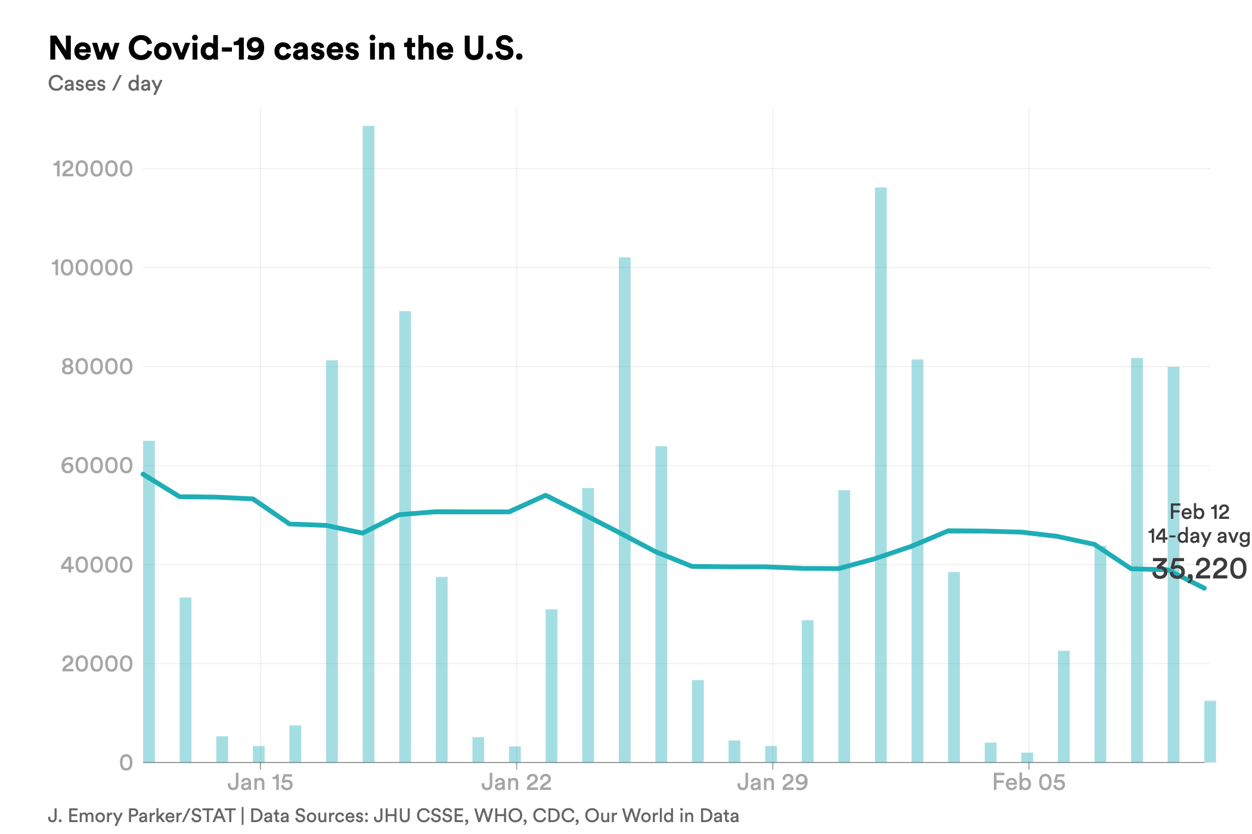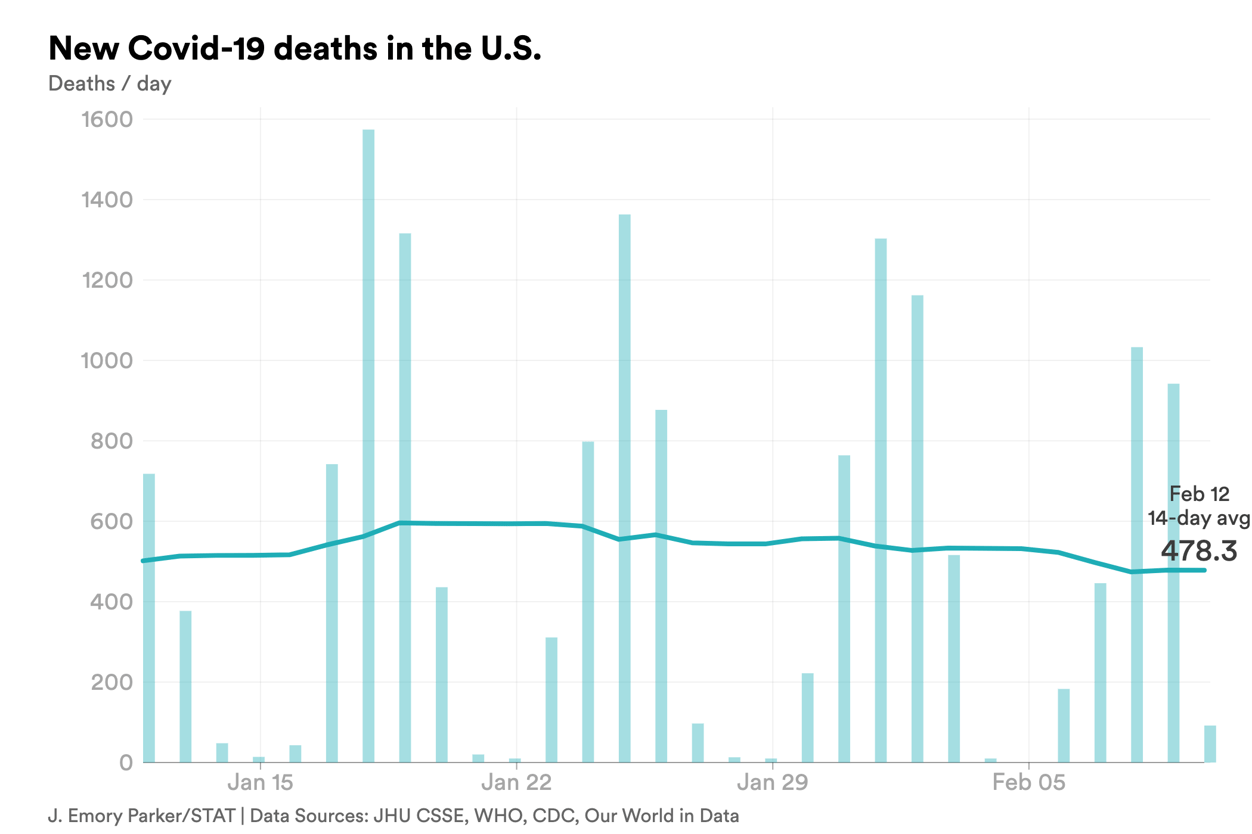Closer Look
Breaking down the convoluted world of biosimilars
It's a byzantine saga that sounds simple at first but on closer inspection is nowhere near easy to understand. Humira, the world's best-selling medicine since its debut in 2002, has new competition now that the last of its patent protection has faded. Amgen's Amjevita, a biosimilar version of the biologic drug, is the first to hit the market, so prices should fall and patients and payers should benefit, right?
Not so fast, STAT's Ed Silverman tells us in this video from Alex Hogan. "This gets complicated and weedy," Ed tells us in classic understatement before mentioning opaque pharma pricing, a mysterious process that takes place in a gray area where decisions are made. Here's the bottom line question about setting any new biosimilar: "Will it really benefit the patients or just the companies that do the behind-the-scenes dealing that help determine what the pricing looks like?" Watch here.
health tech
Opinion: ChatGPT poised to help in diagnosis
If you've been tempted to dismiss ChatGPT, here's another look at the artificial intelligence chatbot. A team from Harvard tested the AI model to see how it compared to online symptom checkers and to doctors when responding to 45 vignettes about problems people could handle at home, issues that should prompt a call to a doctor's office, and emergencies requiring immediate care.
The symptom checkers got it right only half the time, but doctors, as one would hope, listed the top three options 87% of the time. ChatGPT's accuracy hit 82%.
"We are seeing a computer come close to the performance of physicians in terms of diagnosis, a critical milestone in the development of AI tools," the Harvard team of Ruth Hailu, Andrew Beam, and Ateev Mehrotra write in a STAT First Opinion, while noting the small sample size and AI models' history of bias. "ChatGPT is only the start." Read more.
science
Food for thought: Cockatoos can carry, choose, and wield tools

Thomas Suchanek
Move over, humans. Here's more evidence that we have no lock on all the mental skills. Or, in a similar vein to what this all-time favorite from STAT's Sharon Begley said about crows, they're more brainiacs than birdbrains. The latest chapter comes from a recent study in Current Biology that documents cockatoos like Figaro (above) choosing and using two tools to fetch some tasty cashews.
In their experiments, the researchers showed the cockatoos a box containing a cashew behind a transparent paper membrane. To reach the cashew, the cockatoos had to get through the membrane and then fish out the cashew. Given a short stick to punch holes in the membrane and a plastic straw cut in half the long way for fishing, they mastered the process to capture the cashew, and adapted when the membrane was removed. Like chimps using sticks to catch termites, the authors say, these birds knew what they were doing.
by the numbers


No comments